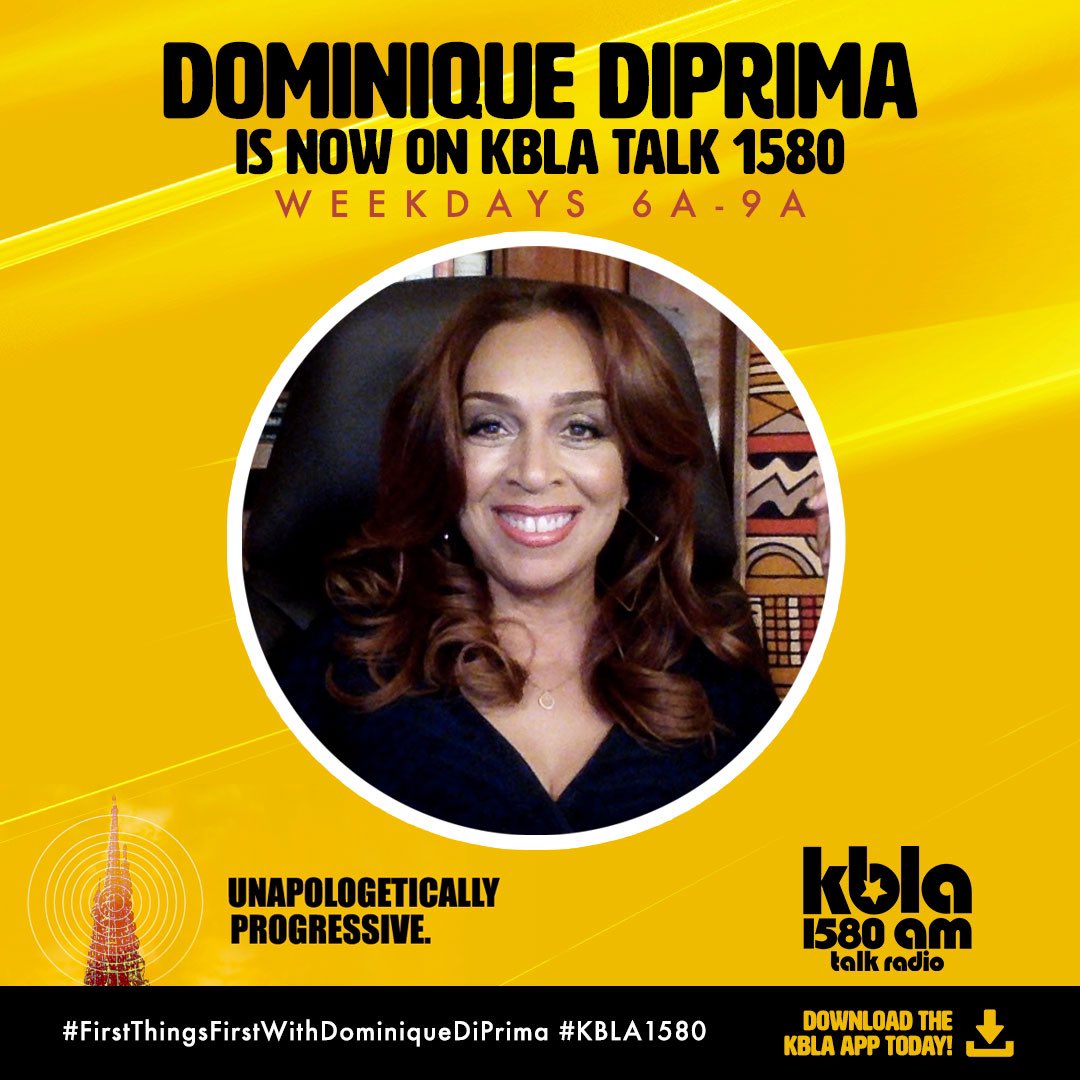 TALLAHASSEE, Fla. Protesters who set up camp in the state Capitol building earlier this week finally got to meet with Gov. Rick Scott late Thursday, and they urged him to push for the repeal of Florida’s “stand-your-ground” law and to take steps to combat racial profiling.
TALLAHASSEE, Fla. Protesters who set up camp in the state Capitol building earlier this week finally got to meet with Gov. Rick Scott late Thursday, and they urged him to push for the repeal of Florida’s “stand-your-ground” law and to take steps to combat racial profiling.
In a conference room near his office suite, Scott met for nearly an hour with seven leaders of the protest, which began Tuesday. They described their frustration about last weekend’s acquittal of George Zimmerman in the death of Trayvon Martin and their own experiences of being racially profiled.
Source: CBS


July 22, 2013 at 11:46 am
Cognitive dissonance != Etiquette and Protocol
The causes of war, stand your ground etc
https://en.wikipedia.org/wiki/Cognitive_dissonance
In psychology, cognitive dissonance is the discomfort experienced when simultaneously holding two or more conflicting cognitions: ideas, beliefs, values or emotional reactions. In a state of dissonance, people may sometimes feel “disequilibrium”: frustration, hunger, dread, guilt, anger, embarrassment, anxiety, etc.[1] The phrase was coined by Leon Festinger in his 1956 book When Prophecy Fails, which chronicled the followers of a UFO cult as reality clashed with their fervent belief in an impending apocalypse.[2][3] Festinger subsequently (1957) published a book called A Theory of Cognitive Dissonance in which he outlines the theory. Cognitive dissonance is one of the most influential and extensively studied theories in social psychology.
The theory of cognitive dissonance in social psychology proposes that people have a motivational drive to reduce dissonance by altering existing cognitions, adding new ones to create a consistent belief system, or alternatively by reducing the importance of any one of the dissonant elements.[1] Cognitive dissonance is the distressing mental state that people feel when they “find themselves doing things that don’t fit with what they know, or having opinions that do not fit with other opinions they hold.”[4] A key assumption is that people want their expectations to meet reality, creating a sense of equilibrium.[5] Likewise, another assumption is that a person will avoid situations or information sources that give rise to feelings of uneasiness, or dissonance.[1]
Cognitive dissonance theory explains human behavior by positing that people have a bias to seek consonance between their expectations and reality. According to Festinger, people engage in a process he termed “dissonance reduction,” which can be achieved in one of three ways: lowering the importance of one of the discordant factors, adding consonant elements, or changing one of the dissonant factors.[6] This bias sheds light on otherwise puzzling, irrational, and even destructive behavior